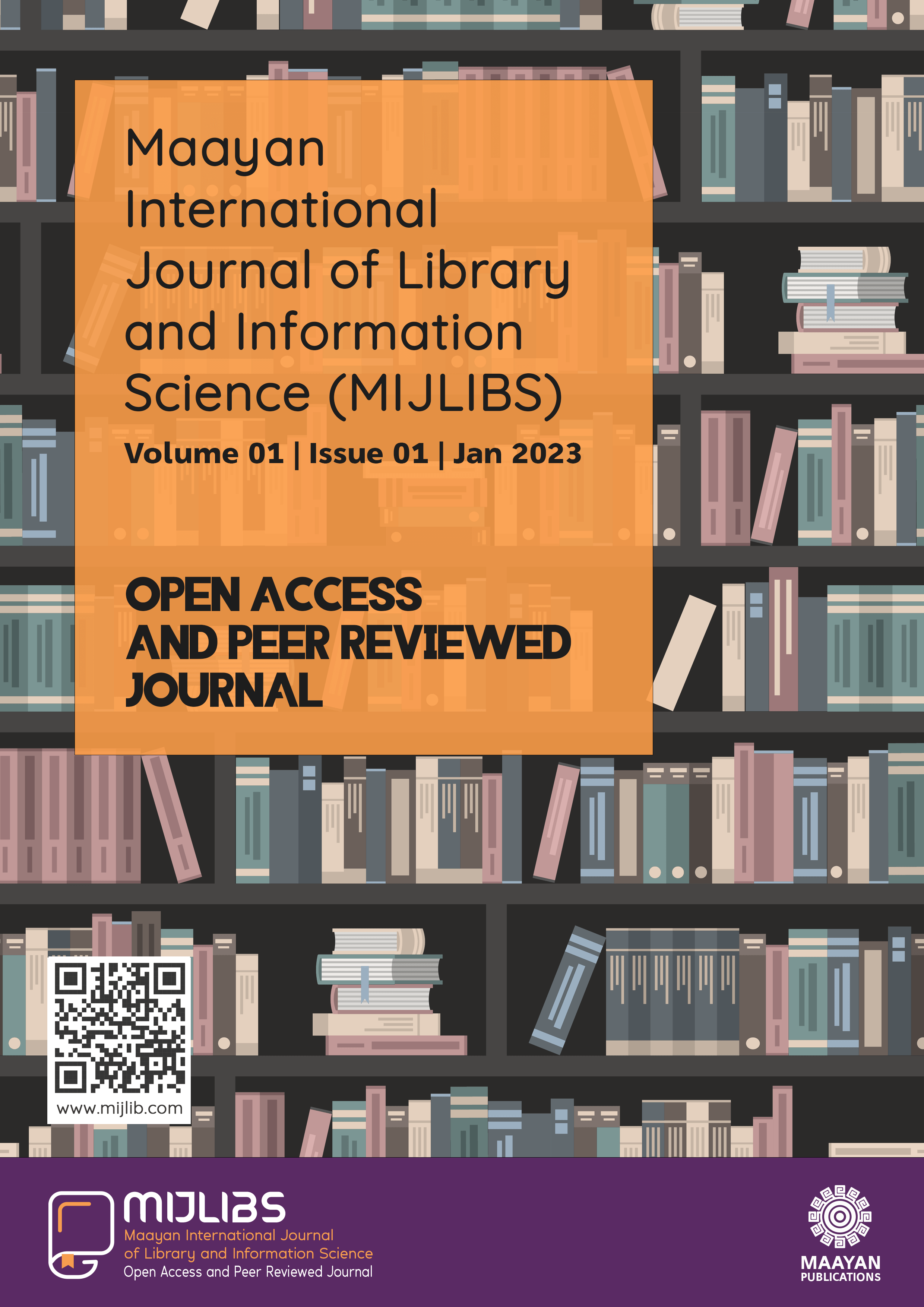CURRENT ISSUE

VOL 01 ISSUE 01 – JAN 2023
Editor-in-Chief:
Executive Editor:
Managing Editor:
A managing editor is the one who coordinates peer review; instructs articles; co-operate with authors, reviewers and board members; writes short editorials and research highlights, and carries out technical editing of manuscripts.
Associate Editor:
Associate editors are responsible for obtaining reviews of each manuscript and for evaluating in a timely manner, the technical and intellectual content and suitability of manuscripts assigned to them
Editorial & Advisory Board:
Editorial Board Members:
Guest Editors for Special Issue:
Academic Editor Responsibilities:
Academic Editors oversee the peer review process from beginning to end, taking responsibility for conducting an initial assessment based on our publication policies, finding and inviting reviewers, evaluating their feedback, making editorial decisions, and communicating decisions to authors. Academic Editors play an active role in the community and are highly engaged as representatives of MIJLIBS. To ensure an efficient peer review process for our authors, our Academic Editors strive to:
CURRENT ISSUE

VOL 01 ISSUE 01 – JAN 2023
JOURNAL HIGHLIGHTS
Nature of Journal: Electronic
Subject Category: Library Science, Information Science, Information Resources Management, Information Retrieval, Knowledge Management, Library Administration, Research Methods, Instructional technologies and other related fields
Issue Frequency: Bi-Annual (2 issues Annually)
Special Issues: Summer Issue (Apr-May), Winter Issue (Oct-Nov)
Language Details: English
Article Processing Charge (APC): Free
Published by: Maayan Publications
Publication Guidelines: Follow COPE Guidelines
Open Access: Free Accessible for Readers
Review Process: Double Blind Peer Review
Time from Submission to Publication: 60 days, based on revision cycles
Email: editor@mijlib.com
JOIN US MIJLIBS!
Being on the editorial board or a reviewer of a journal is truly productive, pleasant and in fact prestigious which helps in add-on to the scientific world through the ways and guidelines given by experts in the relevant fields. Though it is time consuming and often goes unobserved, there are some important rewards that make the editorial board members/reviewers worthwhile.
© 2023, Maayan International Journal of Library and Information Science (MIJLIBS). Published by Maayan Publications.
